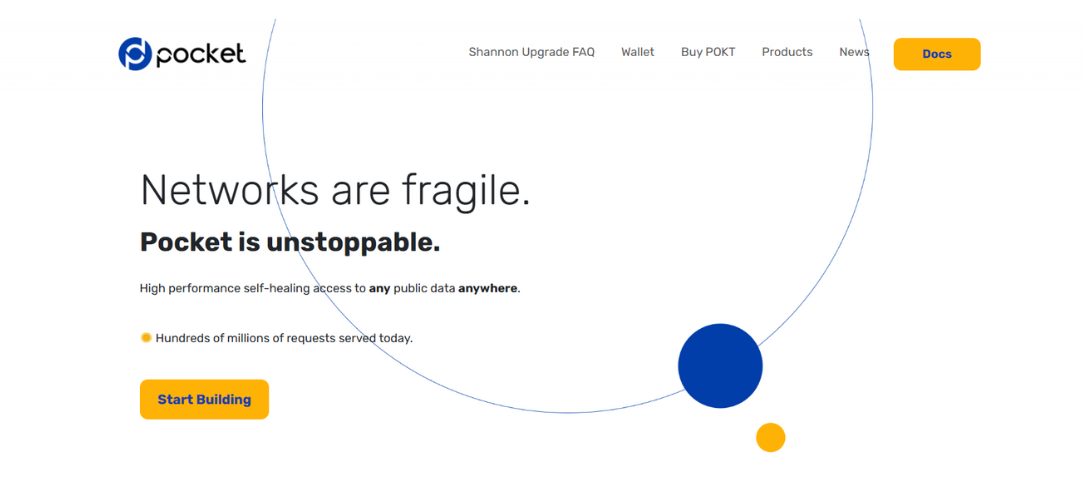Most AI agents within the crypto industry depend on centralized infrastructure like APIs hosted on corporatized cloud servers and private RPC nodes. Although they’re fast and reliable, AI agents are at the mercy of centralized providers.
Whereas decentralized data infrastructure provides permissionless accessibility that helps AI agents running on blockchain data to remain autonomous, transparent, and censorship-resistant.
One such protocol, Pocket Network, shows how an open data network helps train AI models, power AI agents, and prepare dapps without facing centralization bottlenecks.
The Problems of Centralized Data Infrastructure
When AI depends on centralized data ingestion techniques, it consolidates data collection, processing, storage, and analysis into a single location.
For example, an AI agent sends a request like ‘get the data from the latest Ethereum block’. The agent depends on centralized data providers like Infura, Alchemy, or QuickNode to provide it. The data is then fed into the LLM or AI agent to generate a response.
Such an approach has multiple benefits — centralized providers can process thousands of requests per second, use a single API key for multi-chain support, and offer seamless dashboards for analytics and error alerts.
But the trade-offs for relying on centralized data providers outweigh their benefits.
For instance, a centralized provider unilaterally decides which chains and RPCs the AI agents will use. Thus, advanced data requests may be unavailable or highly priced. Generally, the pricing structure remains opaque with steep charges for archival queries.
Further, centralized gateways can arbitrarily cut off data feeds and block requests. Sometimes, providers can also feed stale data to AI agents in the absence of a transparent audit trail.
Given these disadvantages, a decentralized data pipeline is better suited for AI agents since it fetches data from a permissionless, open-economy network. Pocket Network shows how an entire tech stack can be verifiable, transparent, and censorship-resistant, instead of depending on an opaque single corporate gateway.
Pocket Network: Laying The Foundations of Decentralized Data Infrastructure
AI agents that ingest data from decentralized sources collect on-chain information through an open network of gateways and node operators. Anyone can operate these gateways and earn rewards for serving data, while data requests and payments remain auditable on chain.
So, a decentralized data infrastructure doesn’t require API keys or whitelists. Besides offering multi-chain support without managing different endpoints, there are no centralized bottlenecks or data censorship.
Although minimal on-chain transactions are necessary and response time may vary, the trade-offs for using decentralized infrastructure are significantly lower.
For example, Pocket Network uses Compute Unit (CU) for its pricing structure, where 1 billion CUs cost just $1. This helps AI agents spend according to their usage, enabling transparent billing services.
Decentralized data pipelines maintain a blockchain’s openness and ensure accountability. Since every operator stakes tokens as collateral, poor uptime and bad data quality carry penalties.
Protocols like Pocket Network route 1 trillion relays through 10,000+ nodes, decentralizing load balancing to maintain low latency during high network traffic. A distributed node network shares the load, preventing single failure points.
Pocket’s 2025 Shannon upgrade has further boosted its capabilities to offer open, auditable, and resilient data infrastructure for the AI industry. An open data network is no more theoretical. It’s already live and ready for developers to create.



































